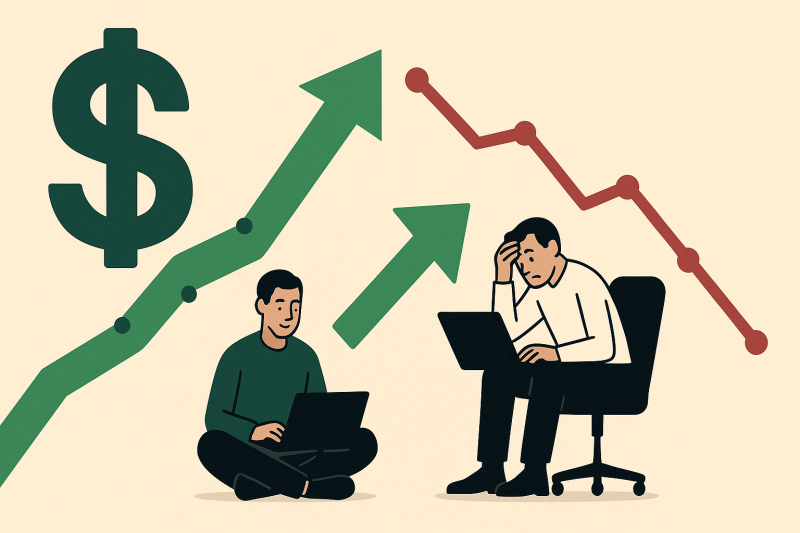Why Index Funds Beat Most Traders Long-Term

Investing often feels like a high-stakes game where only the savviest players win. Many traders spend countless hours analyzing charts, following news, and trying to time the market. Yet, the overwhelming majority underperform simple, low-cost index funds over the long run. This isn’t just opinion; it’s a reality backed by decades of data from markets worldwide. For those seeking a disciplined approach, even entertainment like a session at the best online live casino requires a strategy, but investing demands a proven one.
The Data Behind the Dominance
There is a large amount of evidence supporting index funds. Many studies by S&P Dow Jones Indices find that most actively managed funds underperform their benchmark for long periods of time. This underperformance is not a one-off incident but rather a structural phenomenon. Whether it’s their higher fees, emotional decision-making, or simply the difficulty in beating the market, the reasons are clear. The result is a headwind that not even professionals usually overcome, let alone individual traders.
- Over a 15-year period ending December 2023, nearly 90% of US large-cap fund managers failed to beat the S&P 500 index.
- The average expense ratio for an index fund in 2024 sits at just 0.05%, compared to 0.62% for the average active equity fund.
- A 2022 Vanguard study found that market-timing decisions cost the average investor approximately 1.5% in annual returns.
- Research by Dalbar Inc. shows the average investor underperformed the S&P 500 by a margin of 4% annually over the past 30 years.
- Only 23% of all active Australian equity funds survived and outperformed their benchmark over the 10 years to December 2023.
The Hidden Costs That Crush Trader Returns
Many traders focus solely on potential gains, ignoring the silent killers of performance. High brokerage fees quickly add up with frequent buying and selling. Then there are the bid-ask spreads, a cost paid on every single trade. These transaction costs might seem small individually, but they compound into a significant drag over time. Taxes also play a major role. Short-term capital gains from frequent trading are taxed at a much higher rate than long-term holdings. An index fund investor largely defers taxes and benefits from lower rates. This cost structure creates a deep hole that active traders must climb out of before they even start to profit. It is a relentless challenge that most never overcome.
Can Anyone Consistently Outsmart the Market?
The idea of beating the market is incredibly seductive. The financial media fuels this belief by celebrating short-term winners. The truth is far less glamorous. The market is a powerful information-processing machine. By the time news reaches a retail trader, it is already reflected in stock prices.
Index funds offer a powerful, evidence-based path to building wealth. While the allure of quick profits from trading is strong, the data shows it is a loser’s game for most. Embracing the simplicity of indexing is not passive; it is the active choice to win the long-term race. It is the strategy that puts probabilities firmly in your favor.





